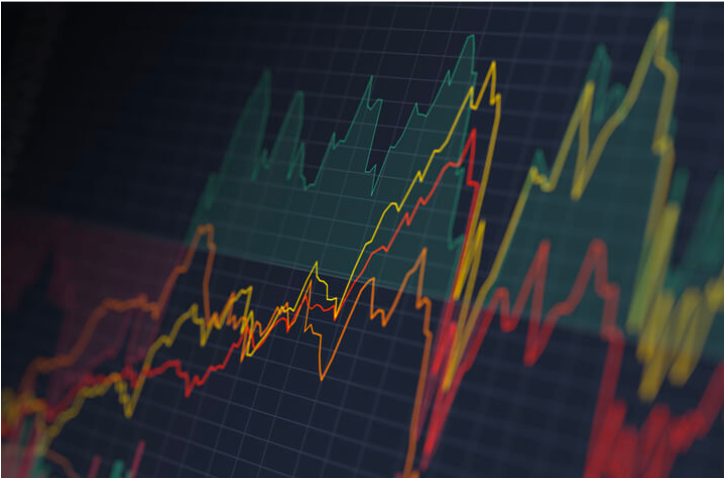Written by Amer Goel Ceteris Paribus, or “All Else Equal” in English, has been a pivotal principle in modern economic thought for over fifty years, offering simplicity to otherwise complex models and theories (Ceteris Paribus vs. Mutatis Mutandis, n.d.). This foundational assumption allows economists to scrutinize the impact of a specific variable while maintaining the…
Category: Boundaries of Economics
The Dynamics of a College Town
Written by Ken Fukutomi Have you ever heard the city of Boston being described as America’s greatest college town? If so, whoever told you about Boston’s urban facade is absolutely correct. Boston may seem like a densely populated New England hub city to the ordinary, but many often overlook the vital implications of the many…
Op-Ed: The Negative Effects of Advertisement and the Potential Solution
Written by Tianqi (George) Sun In our daily life, we can see all the advertisements around us, no matter the flyers we get handed, the blinding humongous screens on Times Square, or, the billboards promoting different products we see as we drive on the highway. Advertising has a significant impact that goes beyond commercial values.…
Feminist Economics and its Relation to Traditional Economic Frameworks
Written by Yael Atzmon Using traditional economic metrics, work is generally conceived as being performed outside of the household, for customers or individuals outside of one’s family. Using that definition, women who are technically unemployed and stay home do not contribute any sort of traditionally measured economic value. Feminist economics, a unique branch of economics…
Mathematically and Economically Optimal Dating
Written by Aeres Zhou Contrary to what the title may suggest, this article will not teach you the ideal strategy to approach any one person, but rather explore the macro strategy of how to end up with the most suitable partner. I think most people can agree that the end goal of dating is to…
How the Consumer Price Index Misses the College Student Essentials
Written by Ali Pullaro As a college student, a daily cup of coffee is a necessity. Heading home this past November for Thanksgiving break, the realization hit me that I would have to forgo my usual Starbucks coffee fix. As a Michigan student, I regularly rely on the three local Starbucks as my go-to source…
Labor, the Environment, and Populism: How Democrats Lost the Coalfields
Written by Daniel Marsh As the Progressive Era dawned on the US at the turn of the 20th century, American society grappled with major social and political upheavals. Rapid industrialization swept through the country decades before and unleashed a plague of issues on the developing nation. The coal industry, which employed half a million Americans,…
Spotify and the War on Artists
Written by Niko Smith The entertainment business, but especially the music business, is one of the most visible, but least understood fields of work by the general public. Since the inception of the recording industry near the turn of the 20th century, it has gone through many changes in the way that it interacts with…
Deciphering the Playbook: A Game Theory Explanation of Football’s Crucial 4th and Short
Written by Daniel Rosenkranz Football is America’s most popular sport, with approximately 200 million people tuning in for last National Football League season’s Super Bowl, and for good reason (Deitsch, 2023). Football has history, is intense, and features a truly unique aspect of decision making. The judgment process that players and coaches go through for…
Does Legalizing Unauthorized Immigrants Negatively Impact the U.S. Economy?
Written by Mariah Barnetche Immigration has been a defining feature of the United States, contributing to its unique mosaic of diverse cultures and demographic evolution. Yet, immigration has remained a focal point of political debate for decades, with politicians weighing in economic concerns and considerations it brings forth. (Klobucista et al., 2023). Critics raise concerns…





